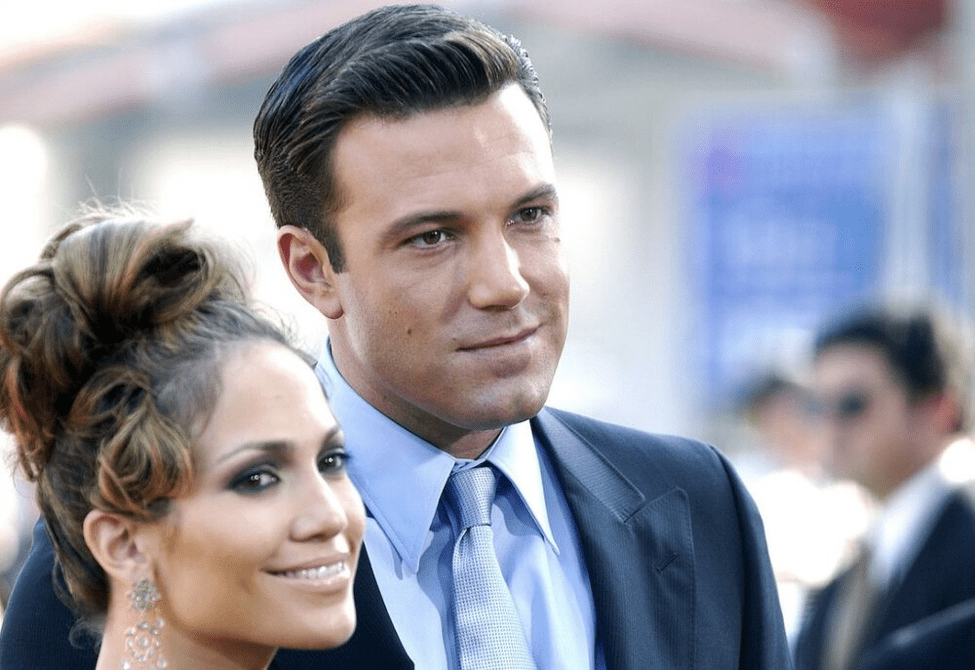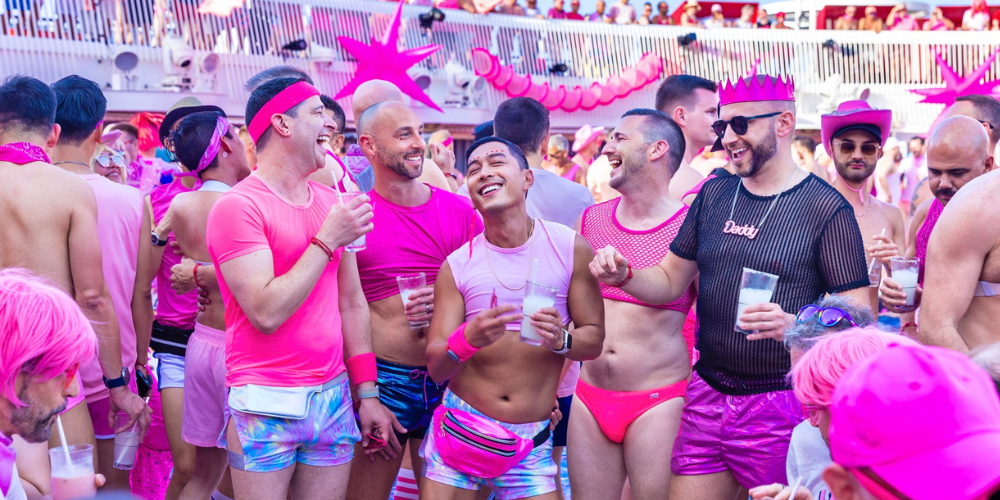Luigi Mangione has taken social media by storm following his alleged involvement in the murder of UnitedHealthcare CEO Brian Thompson. While the incident shocked the nation, Mangione’s striking looks and bold actions have sparked a wave of fascination, particularly within the LGBTQ+ community. Conversations online have ranged from critiques of the healthcare system to unabashed admiration of Mangione’s appearance.
The Rise of Luigi Mangione as a Viral Sensation
The revelation of Luigi Mangione’s identity ignited a frenzy online, with shirtless photos showcasing his muscular physique quickly going viral. Users on platforms like X, formerly Twitter, flooded timelines with comments about Mangione’s chiseled features and enigmatic persona. These discussions were amplified by unverified rumors about his sexuality, which only fueled the intrigue.
High-profile figures within the LGBTQ+ community joined the conversation. Matthew Rettenmund, author and founder of Boyculture.com, joked about the potential for a gay juror’s bias, while BuzzFeed’s Spencer Althouse quipped about Mangione’s popularity among admirers. Social media accounts dedicated to updates on Mangione’s case began popping up, branding him as a "gay icon" and a "sex symbol."

@mattrett | Instagram | Luigi Mangione's identity revealed, sparking an online frenzy as shirtless photos of his muscular physique go viral.
Why Luigi Mangione Resonates with the LGBTQ+ Community
Mangione’s appeal isn’t solely rooted in his appearance. His alleged manifesto criticizing the U.S. healthcare system tapped into broader frustrations shared by many, including the LGBTQ+ community. For decades, systemic inequalities in healthcare access and treatment have disproportionately affected marginalized groups. Activists and commentators highlighted how these inequities might explain the empathetic responses to Mangione’s alleged motives.
Pop culture expert H. Alan Scott noted that queer communities often rally around individuals who challenge oppressive systems. While few condone Mangione’s alleged actions, his defiance against a powerful institution struck a chord with those who have long felt disenfranchised.
Comparisons to Past Criminal Obsessions
The fascination with Luigi Mangione echoes previous instances where society has romanticized criminals. From the "hot convict" Jeremy Meeks to serial killer Ted Bundy, public interest in criminal figures is not new. However, Mangione’s status as a "gay icon" makes his case unique. Unlike Bundy, whose fanbase was predominantly heterosexual women, Mangione’s admirers are led by queer voices drawn to his image and perceived underdog narrative.
This phenomenon highlights a recurring theme in media: the intersection of physical attractiveness, rebellion, and public frustration with societal structures. While comparisons can be made, Mangione’s case demonstrates how these dynamics evolve in the age of social media.
Backlash Against the Mangione Phenomenon
Despite the admiration from some quarters, Mangione’s newfound fame has not been without criticism. Media figures and corporate leaders have decried the glorification of a suspect in a murder case. Fox News host Laura Ingraham referred to the trend as "twisted hero worship," while UnitedHealth Group CEO Andrew Witty defended the legacy of Brian Thompson in an op-ed.
These reactions underscore the polarizing nature of Mangione’s rise to internet fame. His case highlights ongoing tensions between public outrage over systemic issues and the ethical implications of idolizing individuals accused of violent crimes. The debate continues to evolve, with voices on all sides weighing in on the cultural and social dynamics at play.












